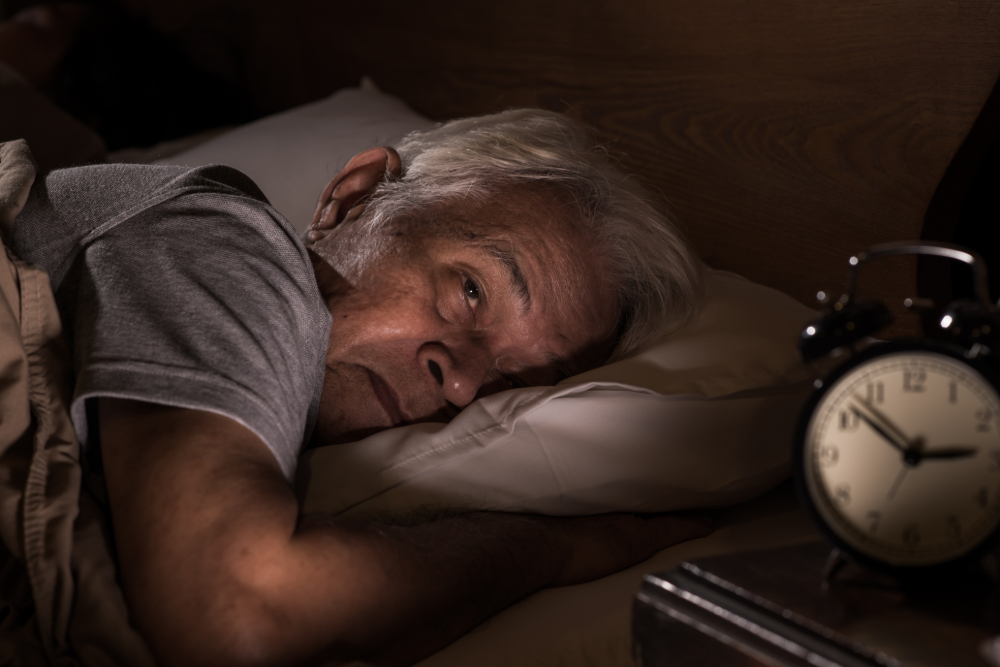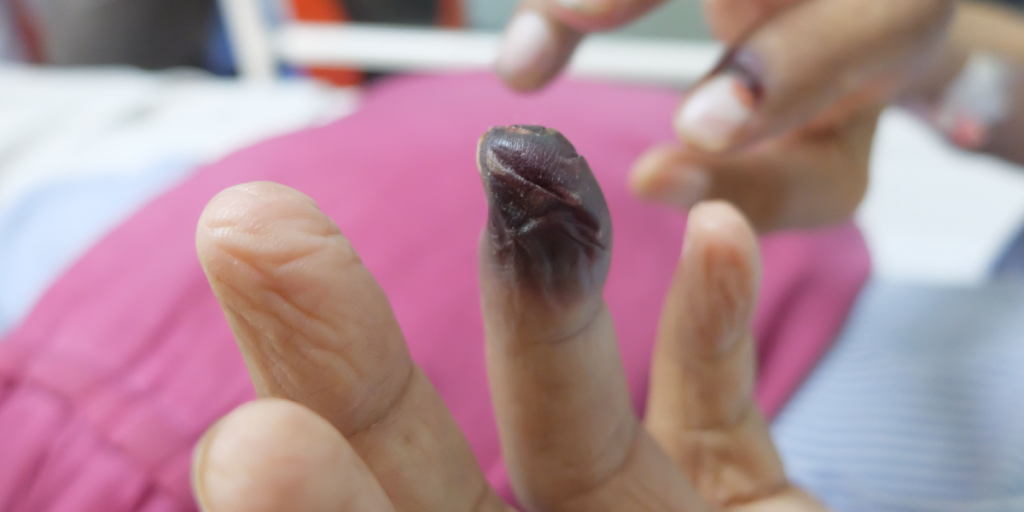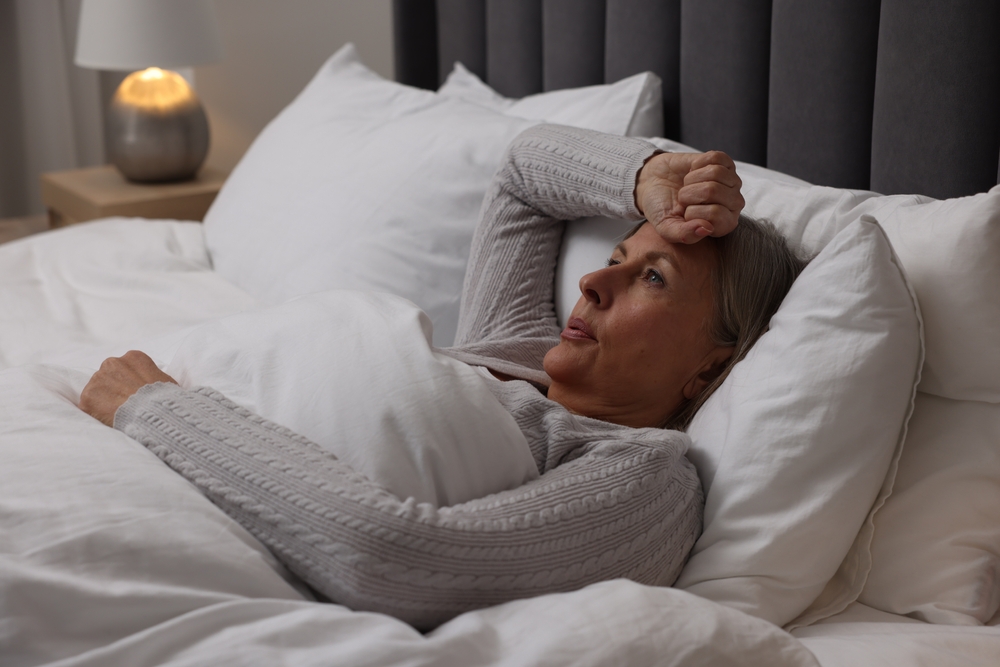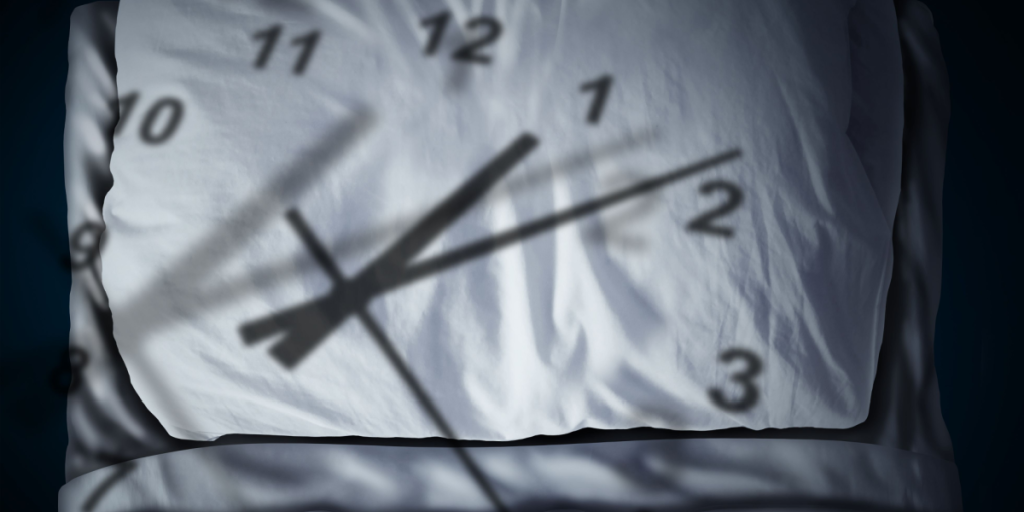In fact, the study showed that sleep irregulatirities are significantly associated with no less that 172 health conditions.
Others are reading now
In fact, the study showed that sleep irregulatirities are significantly associated with no less that 172 health conditions.
What is happening?

A sweeping international study has uncovered compelling links between sleep patterns and disease risk.
Drawing on data from 88,461 UK adults, researchers found that sleep irregularities were significantly associated with 172 distinct health conditions.
Objective Data Reveals the True Sleep Story

Unlike previous studies relying on self-reported sleep habits, this research used actigraphy—objective, wrist-worn trackers—over an average of 6.8 years.
This approach gave scientists a more accurate picture of how sleep behavior affects long-term health.
Also read
Irregular Sleep Habits Pose Serious Health Risks

The data showed that 92 diseases had more than 20% of their risk attributed to poor sleep behavior.
In other words, inconsistent sleep could be a key factor driving many chronic illnesses, often more than previously recognized.
Late Bedtimes Linked to Liver Damage

Among the most striking findings: adults who regularly went to bed after 12:30 a.m. faced a 2.57 times higher risk of developing liver cirrhosis.
This suggests that not just how much—but when—you sleep may be vital for organ health.
Disrupted Circadian Rhythms Raise Gangrene Risk

Low stability in circadian rhythm—essentially, an erratic sleep-wake cycle—was associated with a 2.61-fold increase in the risk of gangrene.
Also read
It’s one of the more dramatic examples of how internal clock misalignment can affect physical health.
Long Sleep: Misunderstood and Misclassified

Contrary to past beliefs, the study found minimal evidence that sleeping 9 hours or more causes harm.
The twist? Over 21% of “long sleepers” in past studies were actually sleeping less than 6 hours, skewing results due to incorrect self-reporting.
Time in Bed ≠ Time Asleep

Many people who claim to sleep a lot are simply lying in bed without actually resting.
This confusion may have led to exaggerated fears about the dangers of “too much sleep,” which objective data now call into question.
Also read
A Critical Yet Overlooked Metric

Senior author Prof. Shengfeng Wang emphasizes the need to shift our thinking:
“It’s time we broaden our definition of good sleep beyond just duration.”
Bedtime consistency and rhythm stability are just as essential as total hours slept.
Findings Hold True Across Borders

To test global relevance, researchers replicated some of the findings using data from U.S. populations.
The results held steady, reinforcing the idea that regular sleep is universally important for preventing disease.
Also read
What’s Next?

The next phase of research will explore whether improving sleep habits can actively reduce chronic disease risk.
By identifying inflammatory pathways linked to poor sleep, scientists hope to turn this discovery into a powerful public health tool.


